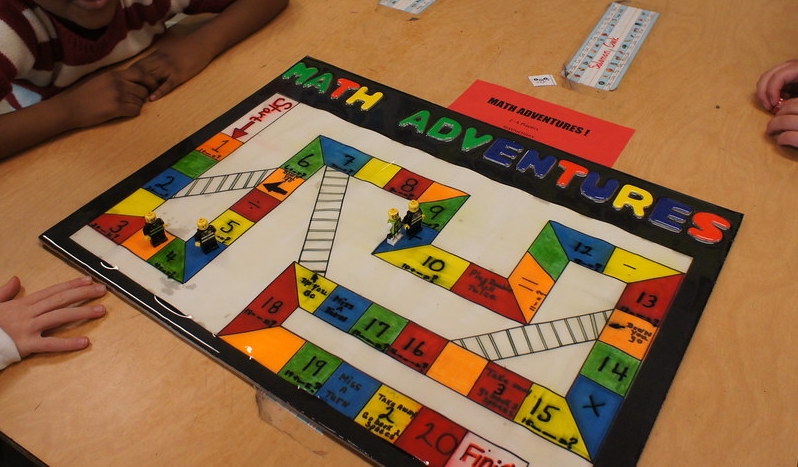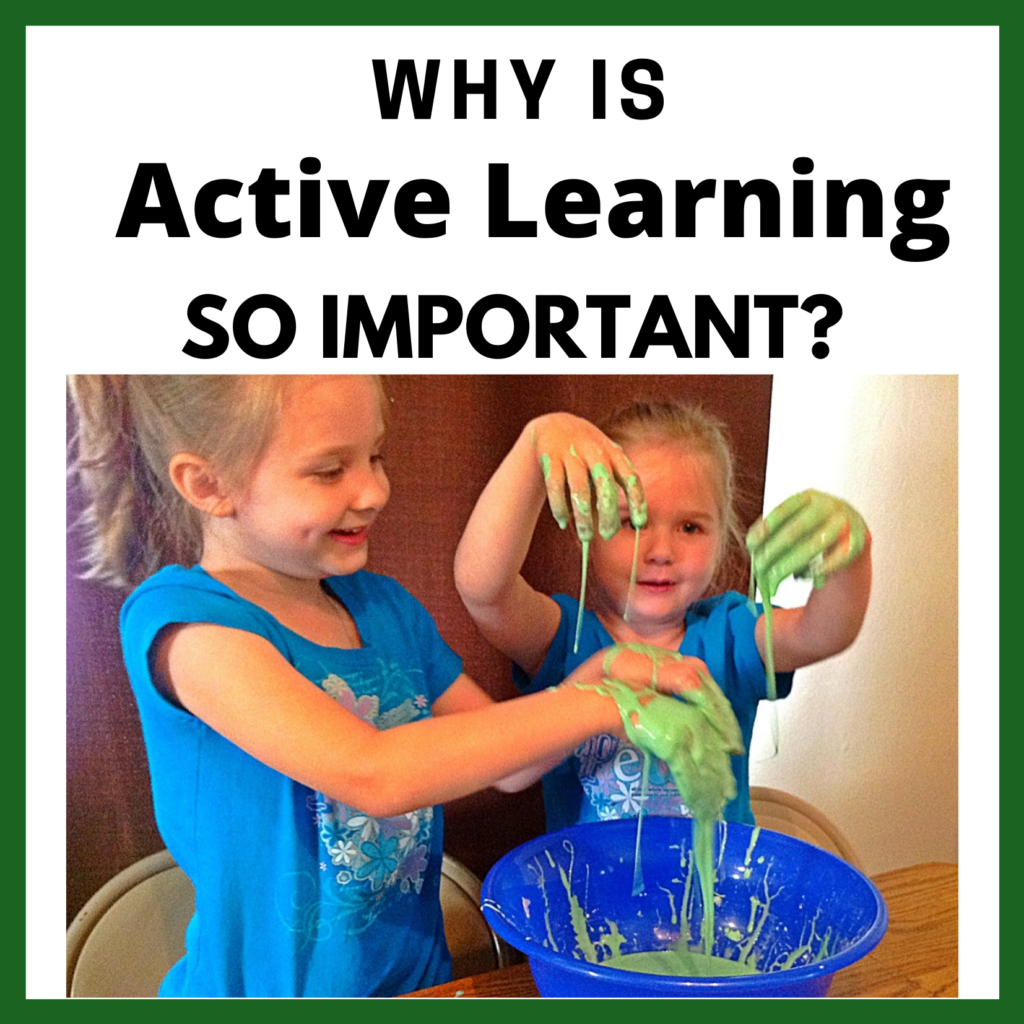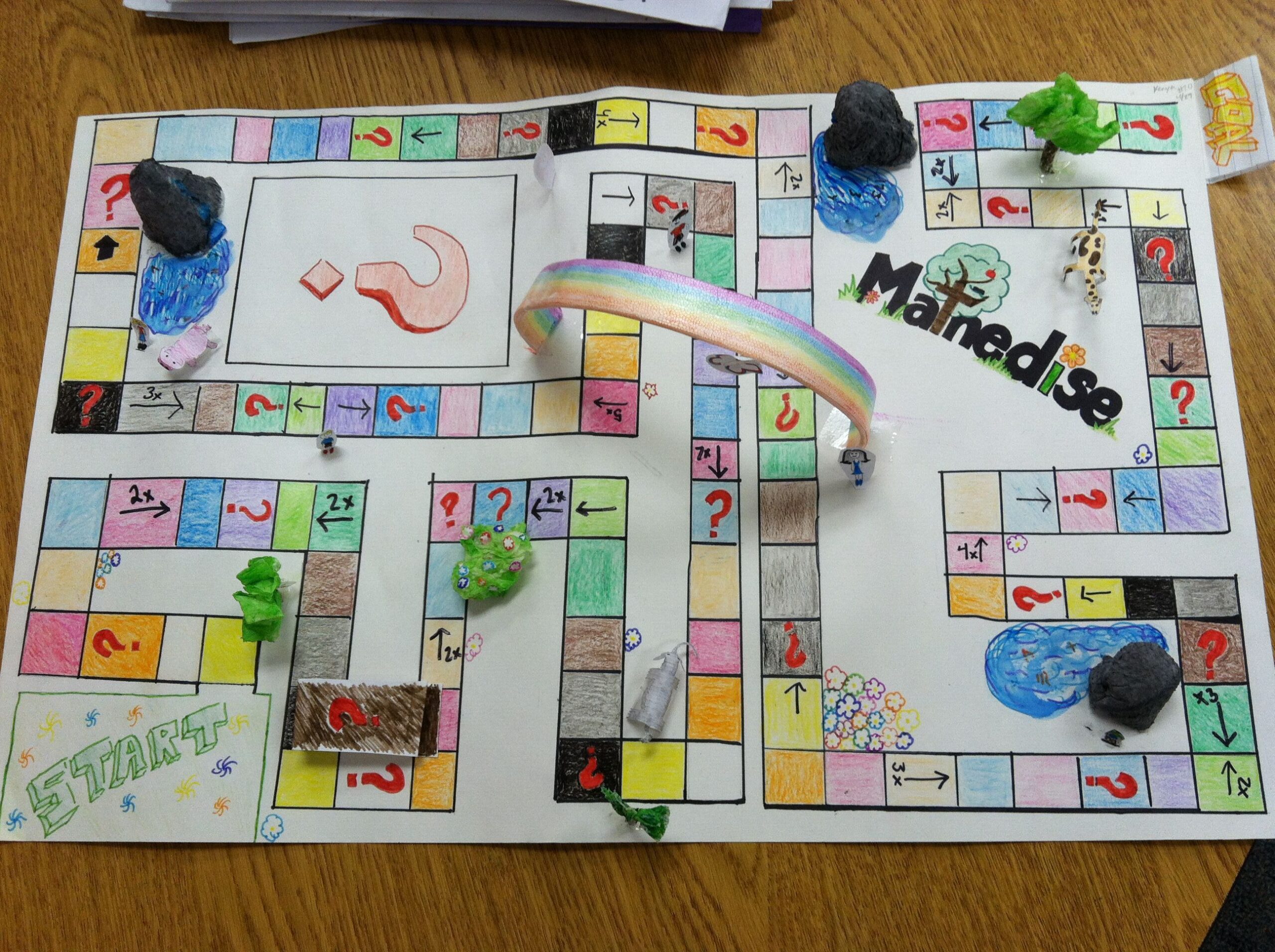Why Use Student Created Board Games?
Student-made board games are a fun way to assess students’ learning for any subject. Students create the questions, the board game, its pieces, and written directions for how to play their game. These games can then be used by other students to review and play in centers. These games could also be used as portfolio pieces for an individual student.
Student-made games showcase various skills like process writing and grammar skills for the directions, subject mastery for questions and answers created, and creativity for the board game and its pieces.

How To Implement Student Created Board Games
1. Decide which objectives/knowledge you want students to demonstrate.
2. List concrete expectations related to their board game. Use a rubric to show them how you will grade it.
3. Show examples of previously created student-made board games.
4. Decide if they will work individually, in partners, or in groups.
5. Have students plan their game. Then show their ideas to you for approval.
6. Students will need to create questions with correct answers, clear and concise directions, and an easy-to-follow game board. These things will need to be completed with neat handwriting so that it is easy for other students to play.
**For younger students such as Kindergarten-2nd grade you may want to give them a blank board game template such as these ones from Teacher’s Pet and Tim’s Printables to begin with.
7. Once games are created, it’s time to play! Have students write feedback to the person who made the game after they have played it. This way, the game-makers can improve their game if needed.
Ways to Use Student Created Board Games
1. Math Facts
2. Vocabulary Practice
3. Reading Comprehension Skills
4. Unit Review for Any Subject
5. Sight Word Practice/ Phonics Practice
6. Advanced Student Project for Any Subject
7. Novel Study or Book Report
Check out these posts you might like:



